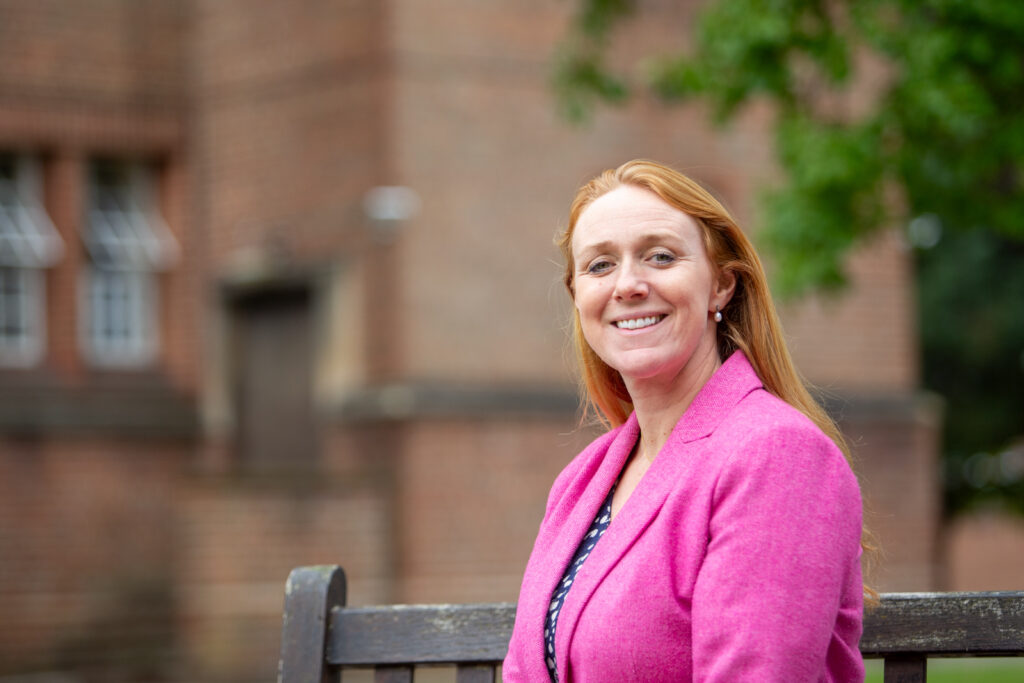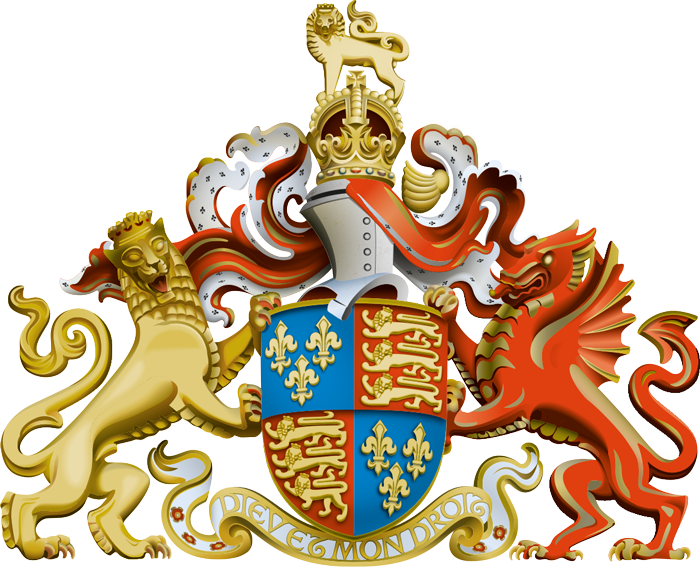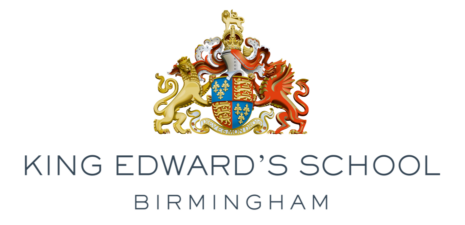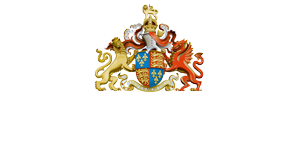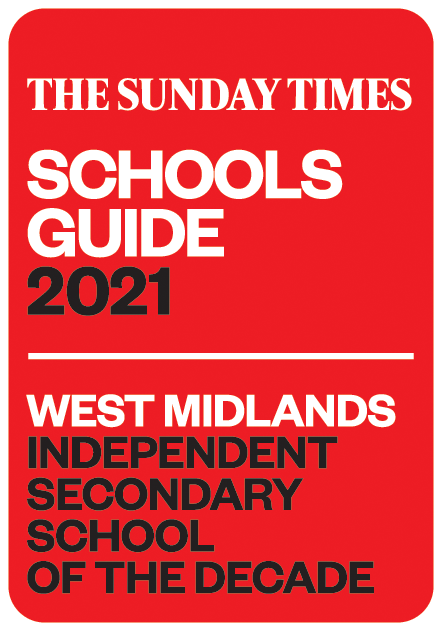Geography

The subject of geography involves a wide range of issues that are always in the news, from immigration and the pensions crisis, to earthquakes and floods, planning problems in cities, poverty, globalisation, and climate change.
We aim to encourage in our students a sense of curiosity, exploration and delight in the complex world in which they live.
Boys in Year 7 learn the basic tools and skills for successful geographical study. We focus on interpreting images, map skills, developing more extensive writing using geographical language, presenting and analysing data. Our Year 7 modules are: Resources and Climate Change; and Tectonic Hazards. In Year 8, boys are asked to explore: Weather and Climate; and The Geography of Asia (with special focus on both India and China including the geographies of population, colonialism, development and wealth, the economy and culture).
In Year 9, we begin the study of the Edexcel IGCSE Geography course, which provides opportunities to study both the physical world and human issues, using an exciting range of global examples.
Typically, around 105 boys opt to study geography at IGCSE.
Topics covered through Years 10 and 11 include: River Environments; Urban Environments; Coastal Environments; Economic Activity & Energy; and Globalisation & Migration.
Contemporary social and political issues such as the causes and impacts of industrial change, migration, poverty, ethnic segregation, congestion, crime, pollution and poor housing are central to our teaching.
The IB Geography course enables boys to deepen their knowledge and understanding of some of the topics tackled at IGCSE whilst also exploring new areas of the subject.
The Core, taken by both Standard and Higher Level students, is based around the UN’s Sustainable Development Goals and explores the geographical foundations of the key global issues of our time: Changing Population; Global Climate; and Global Resource Consumption and Security. All students also complete a 2,500-word internal assessment, which is a piece of coursework presenting the findings of a fieldwork investigation.
Supplementing the Core, all students study two additional topics: Oceans and their Coastal Margins; and Urban Environments. In addition, Higher Level students also study: Extreme Environments; and a Higher Level extension course, Global Interactions (a detailed examination of the economic, socio-political and cultural causes and impacts of globalisation).
Usually 25-30 boys per year study geography at IB. Geography has for many years been a popular choice of university course for KES leavers and the department has a proud record of sending students to excellent universities, including Oxford and Cambridge.
Future careers
Those who pursue Geography at both IB and degree level can explore diverse career opportunities. Business, marketing, HR and finance are the most popular areas of employment for Geography graduates, but many also enter the civil service, academia and education.
Examples of careers in business undertaken by geographers include risk management in the insurance industry and many recent Old Edwardian geographers have secured great jobs in the energy industry and environmental consultancy.
There are a range of jobs very directly linked to geographical knowledge and understanding including environmental monitoring, urban planning, geospatial surveying and mapping, and international development work.
Beyond the classroom
The Geography Department organises co-curricular trips to interesting geographical locations that are open to students regardless of whether they have chosen it as an exam subject. In recent years, these trips have visited Norway and Iceland.
KES Geographical Society meets frequently to enrich boys’ understanding of geography and includes talks by outside speakers, KES staff and boys, along with quiz competitions.
The department is a research partner with the University of Birmingham with boys involved with carrying mobile air pollution monitors on their journeys to and from school in order to assist with PhD research into geospatial patterns of air pollution harm.
Meet the Head of Department
Mrs Charlesworth-Jones
Mrs Charlesworth-Jones has been teaching at King Edward’s for 14 years and loves working in the Geography Department, so it is a privilege for her to step up and lead such a fantastic team of colleagues. She enjoys teaching about population, geopolitics, and economic development and has recently become more interested in teaching about environmental issues.
During her undergraduate degree at St Catharine’s College, Cambridge, she completed a dissertation on the transformative potential of microcredit in Sri Lanka. While completing her teacher training at St Anne’s College, Oxford, she researched the impact that fieldwork can have on student learning and remains passionate about the value of fieldwork today. In the classroom, she appreciates the questions her students ask, as their intellectual curiosity is fantastic, and every day their perspectives help her see the world afresh.
When she is not teaching Geography, you will find Mrs Charlesworth-Jones walking in the hills near Kinver Edge or planning her next family travel adventure with her husband and two children.
